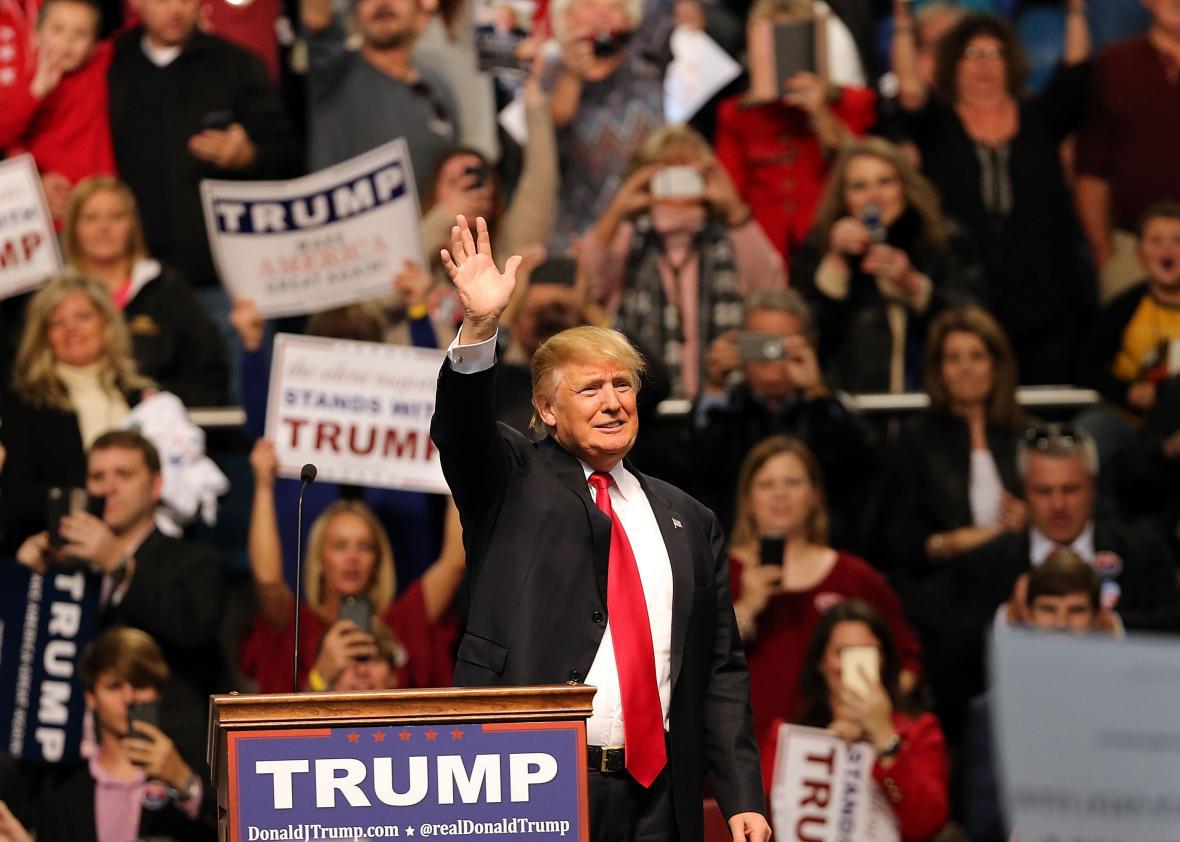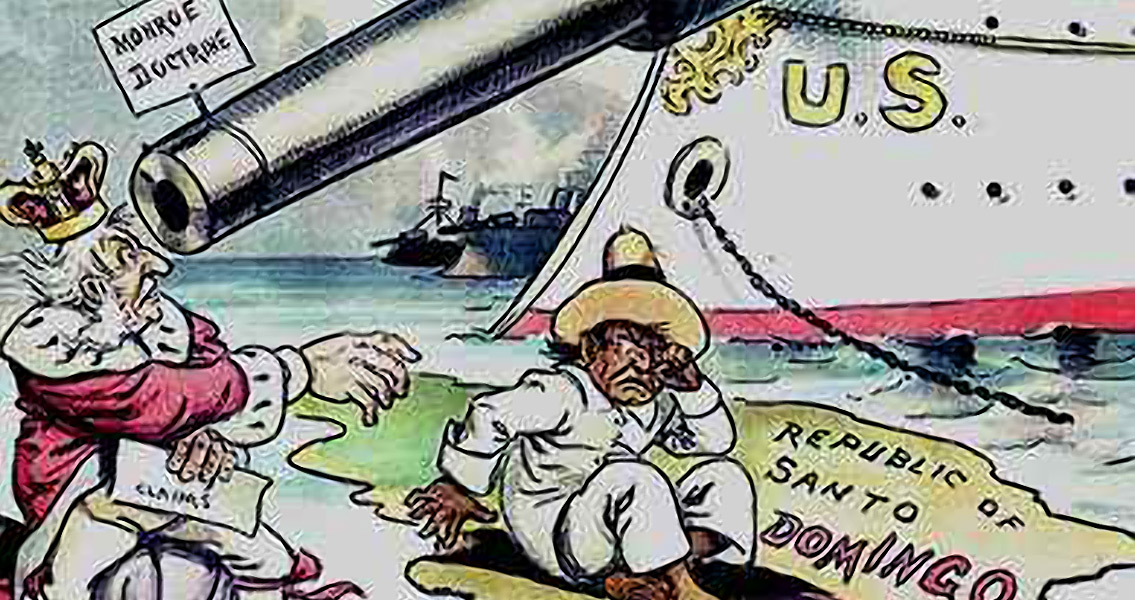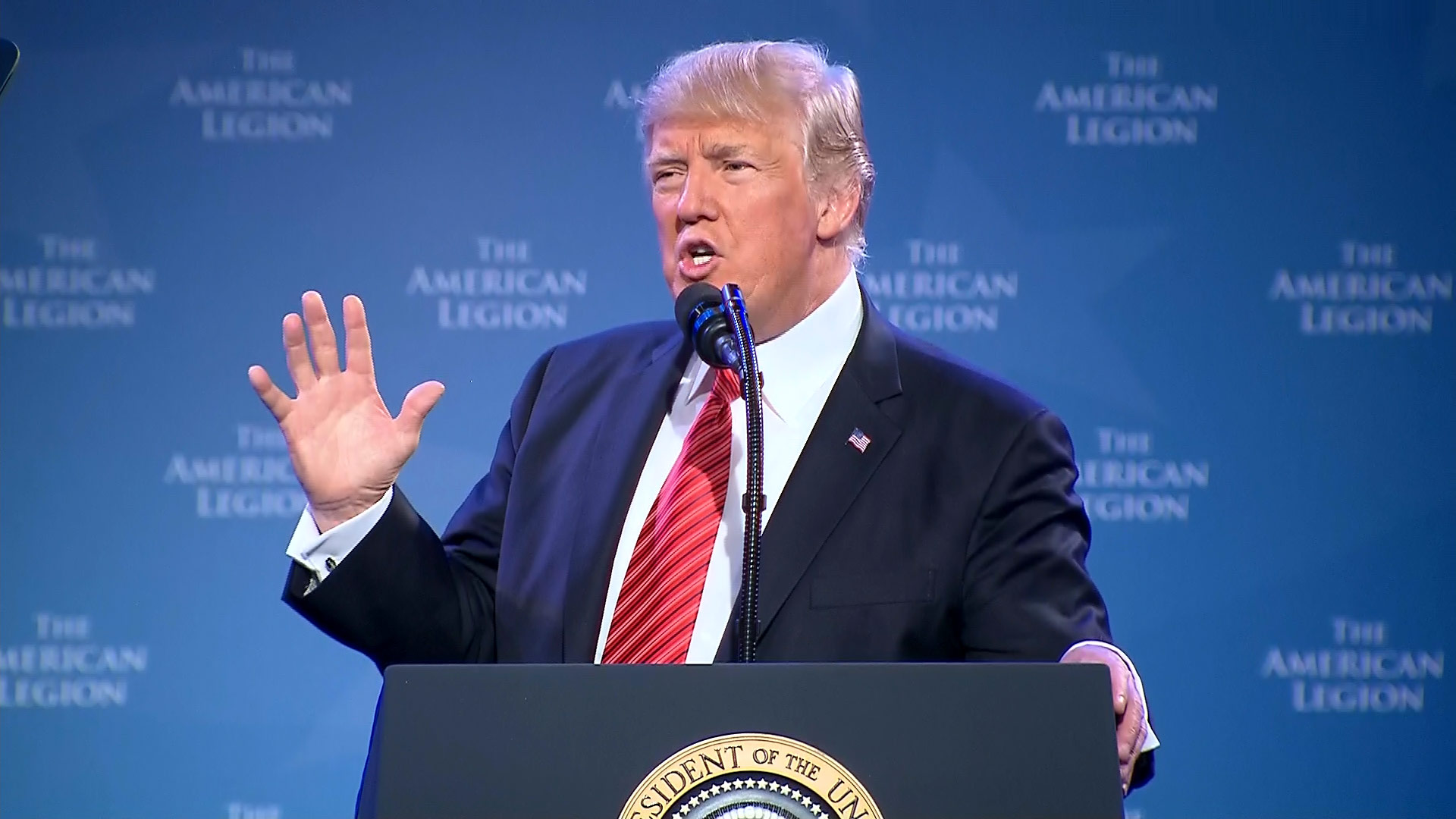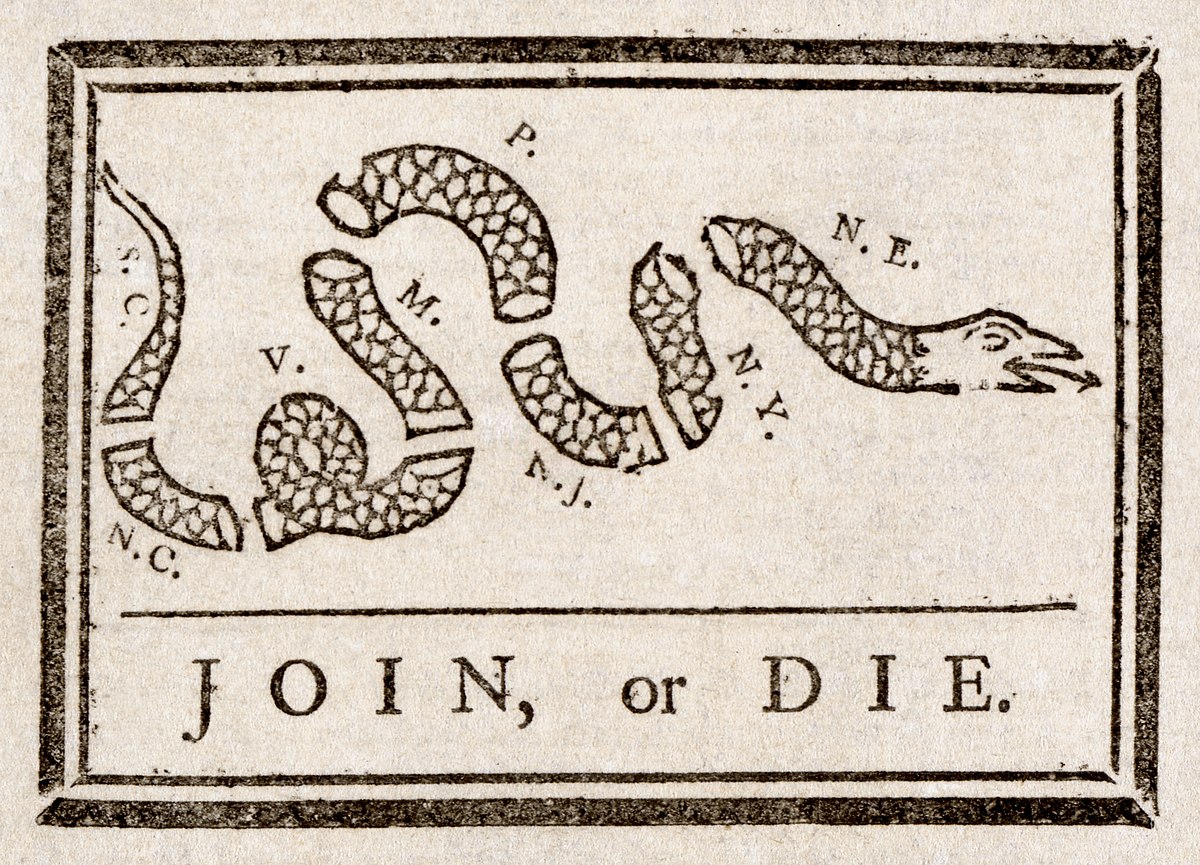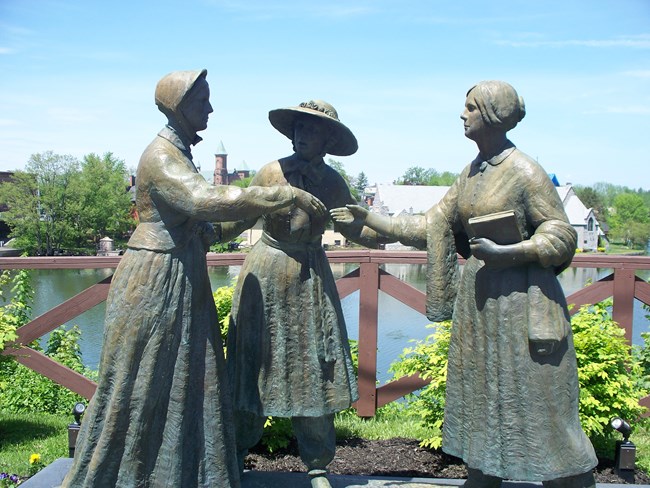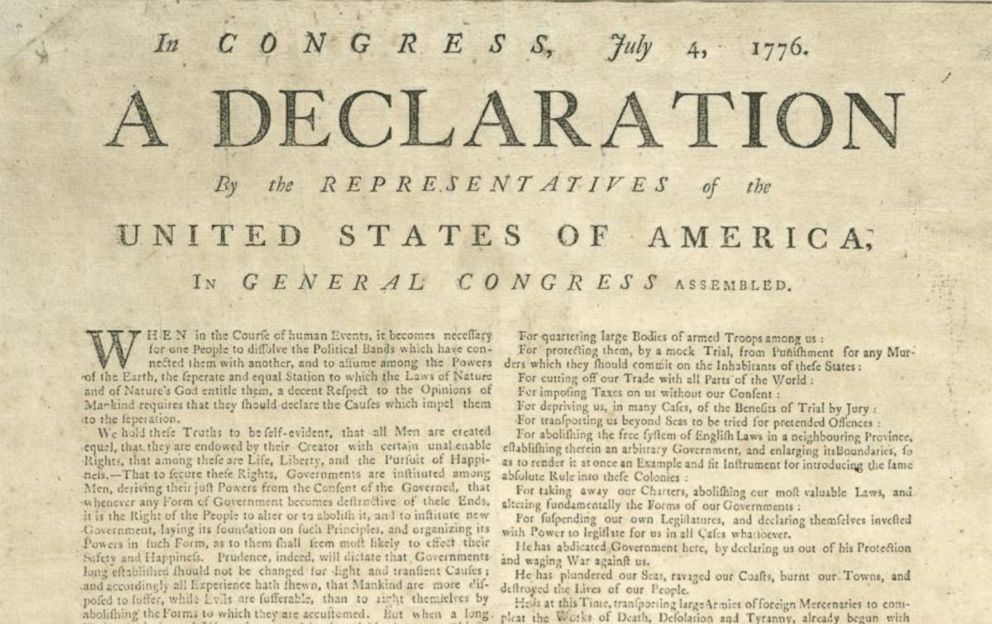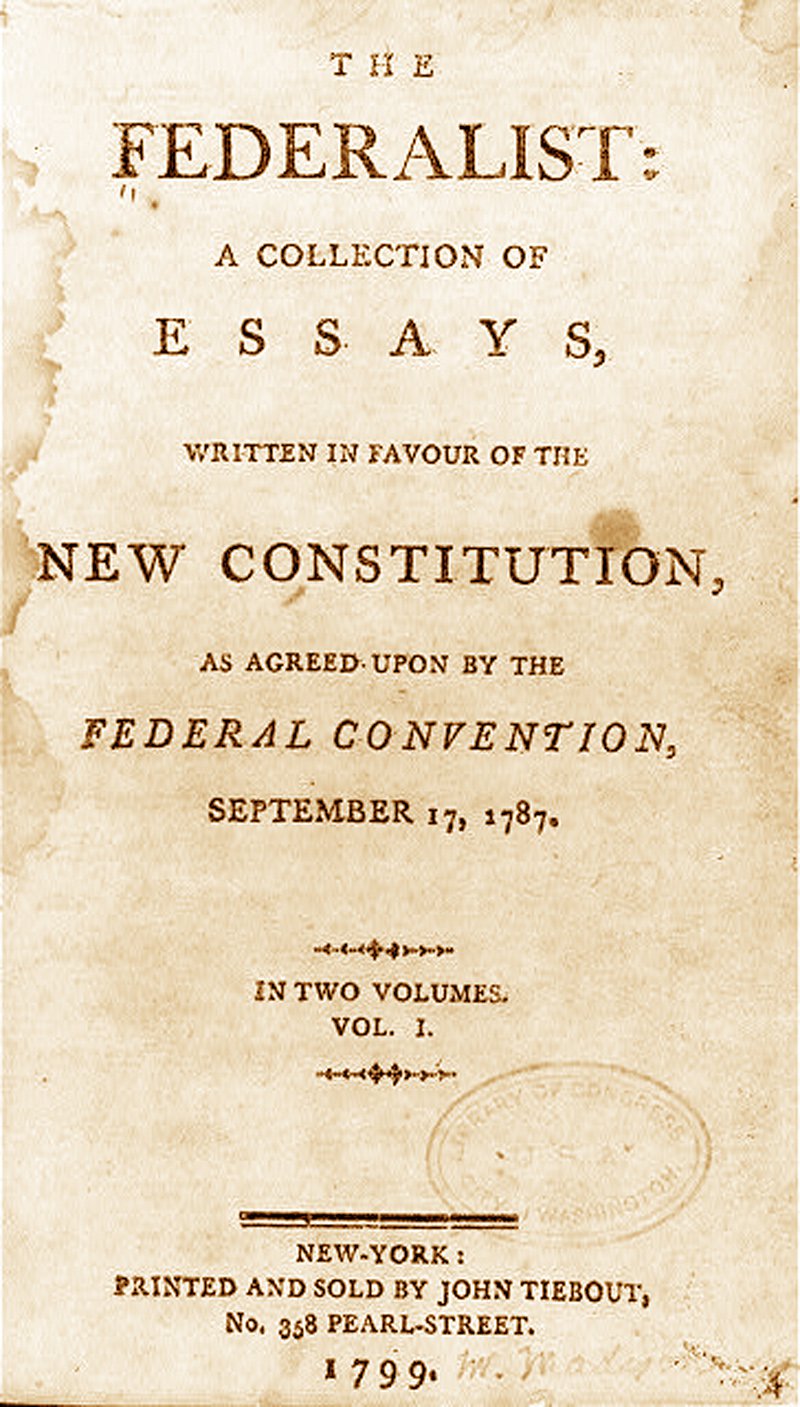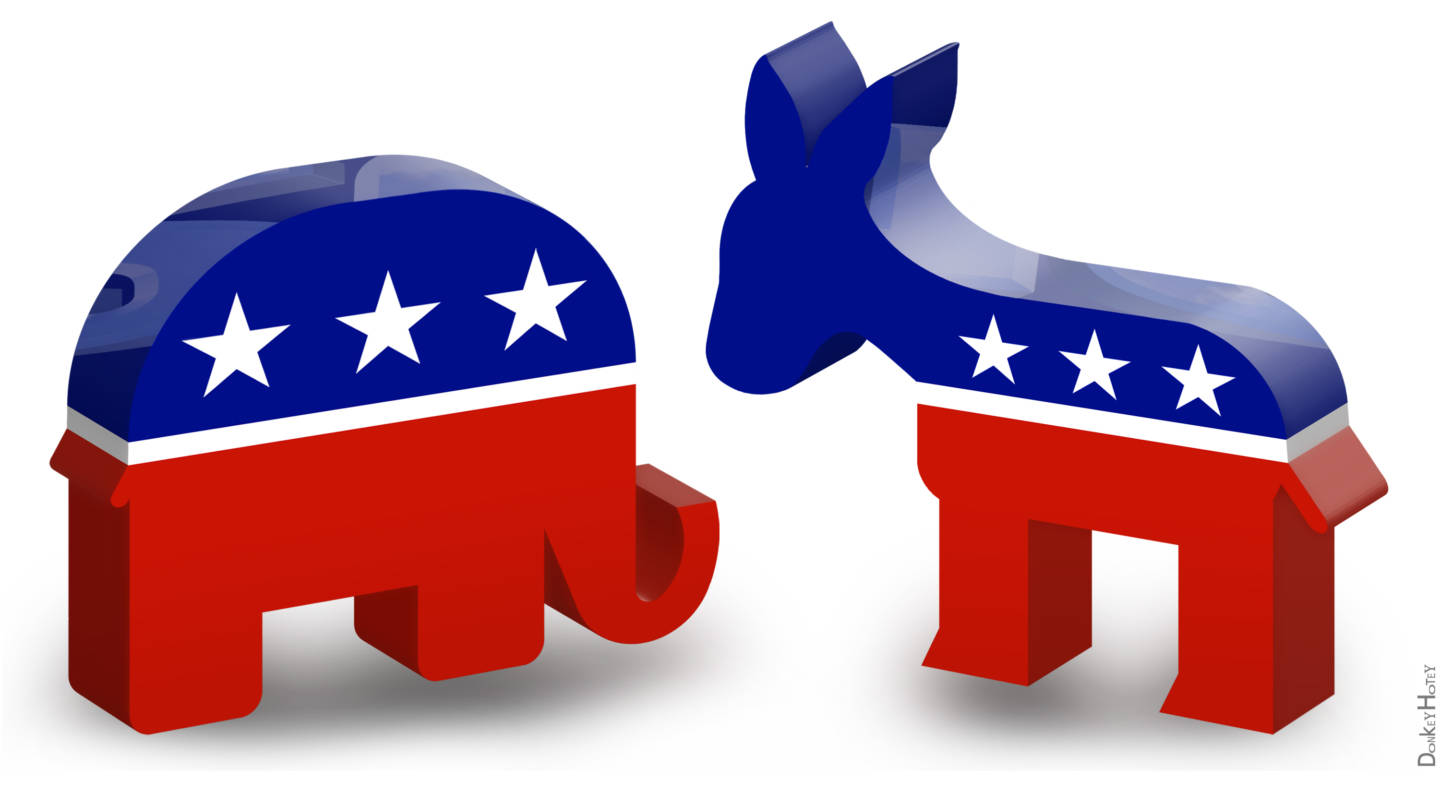1. What role did the Revolutionary War play in the transformation of housewifery to Republican Motherhood?
After the Revolutionary War, the enthusiasm for enlightenment ideals that Americans had fought for, like liberty, republicanism, and independence were idolized. As a result, the people of the newly established country wished to instill those ideals into the youth of society so as to continue the development of the country. In doing so, republican mothers adopted the important responsibility of engendering such virtues into their sons. (Document A).
2. What were the consequences of Republican Motherhood on women?
The results of Republican Motherhood were that women were encouraged to get an education. Since mothers during that time were given the crucial responsibility of raising sons with adequate mindsets, women were often put through school in order to increase their maternal capabilities. Women were also praised for their important contributions to the betterment of the nation which, in turn, earned them a higher level of respect in society than had previously been known. (Document B).
3. What is the significance of the ideology of Republican Motherhood as a stage in the process of women’s socialization?
Republican Motherhood gave women an increased level of authority in society. Their role as the care takers and backbone of society also gave women more confidence and pride in themselves that they truly had control over the destiny of the country (Document C). All of these advancements were a step in the right direction for women and social equality.
1. Describe the setting.
A young mother is sitting on a sofa with her two sons on either side of her. Her sons are clad in peculiarly feminine attire.
2. Who serves at the center of the portrait and why? How does the woman look? How is she “republican” rather than aristocratic?
The Woman, Mery Gibson Tilghman, is the center of the portrait. She is illustrated as the assertive and dominant figure in the picture, while wearing average value clothing, reflecting her status as a republican, and not aristocratic, woman. She also appears young and attractive, but has a very modest and reserved look, starkly contrasting that of a typically extravagantly dressed upper-class woman.
3. What values do her sons exhibit?
Her sons portray symbolically the influence of republican motherhood on society, as they are depicted wearing womanly clothing.
4. Is there a significance to the position of Mrs. Tilgham’s arm?
The placement of Mrs. Tilghman's arm around one son exclusively could signify favoritism of one son over the other. More specifically, she could be exhibiting the long standing practice of primogeniture, where the eldest son is heavily favored and receives all inheritance of their parents possessions.
The advances made by the ideology of Republican Motherhood for women in society reminded me of the 19th amendment which gave women the right to vote.







